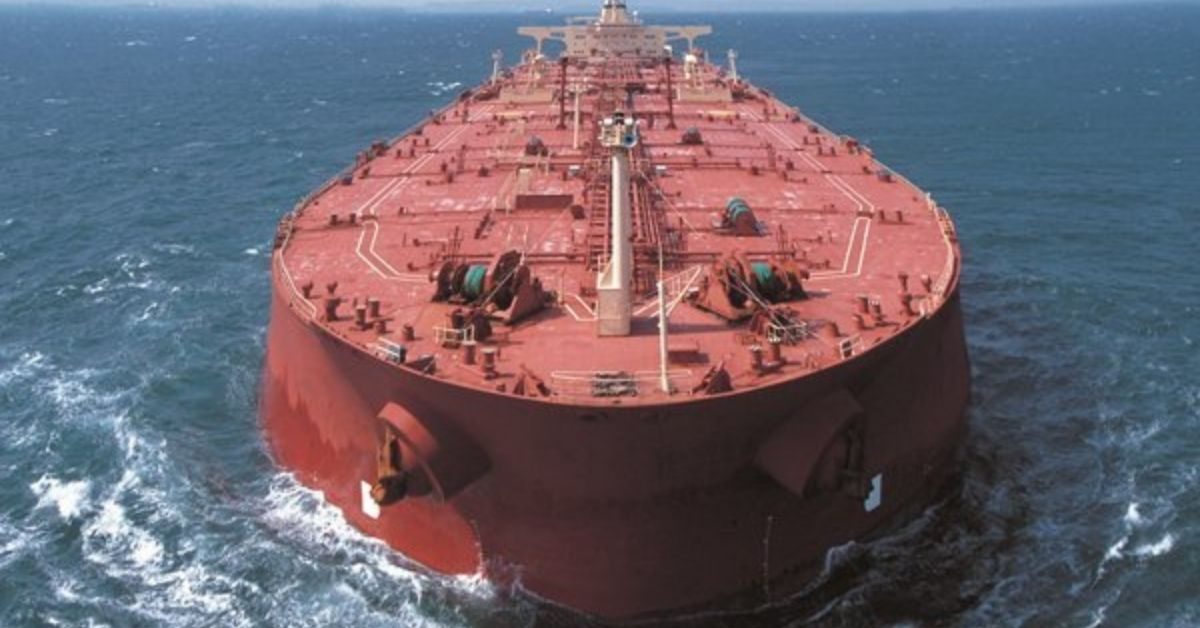The European Council has agreed to prohibit Russian oil from being imported by sea, forcing Russia to seek energy clients elsewhere. However, a lesser-known aspect of the agreement could have a greater impact. According to the Financial Times, the EU has also achieved an agreement with the British government to execute a coordinated embargo on European insurance for Russian oil cargoes. This will cut Russian oil exporters off from the Lloyd’s H&M market as well as the International Group of P&I Clubs, which covers nearly 95% of worldwide tanker liability. Europe’s reinsurance industry is similarly highly concentrated, and it will be severely impacted.
In anticipation of a formal ban, Western insurers have already begun shying away from Russian oil cargoes, according to Reuters. Even vessels with no Russian connection other than a charter party risk losing their cover if they pick up Russian crude. Shipping executives told Reuters that the impact would begin to be felt by July, when withdrawn policies begin to expire.
Since oil exports account for about 40 percent of Russia’s federal budget, the marine insurance ban represents a sanctions expansion with global reach, reminiscent of stiff U.S. sanctions on Iranian oil exports. The absence of European insurance could force Russia to engineer its own government-backed coverage for its cargoes.
Meanwhile, other oil-producing nations are eyeing the possibility of filling the gap. Several OPEC members are considering the idea of suspending Russia from the production quotas agreed by the OPEC+ group, a loose cartel of 10 non-OPEC member nations that participate in OPEC supply controls, according to the Wall Street Journal. If the move were carried out, other OPEC nations would have the option of pumping more oil to fill Russia’s quota, without exceeding the group’s topline production number. Russia has already fallen out of participation with the OPEC+ agreement because Russian production levels have dropped since the start of the invasion, an OPEC delegate told the Wall Street Journal. All forecasts suggest even lower production ahead: In April, Russian Finance Minister Anton Siluanov predicted that Russia’s output would fall by 17 percent over the course of 2022, without taking the latest EU sanctions into account.








